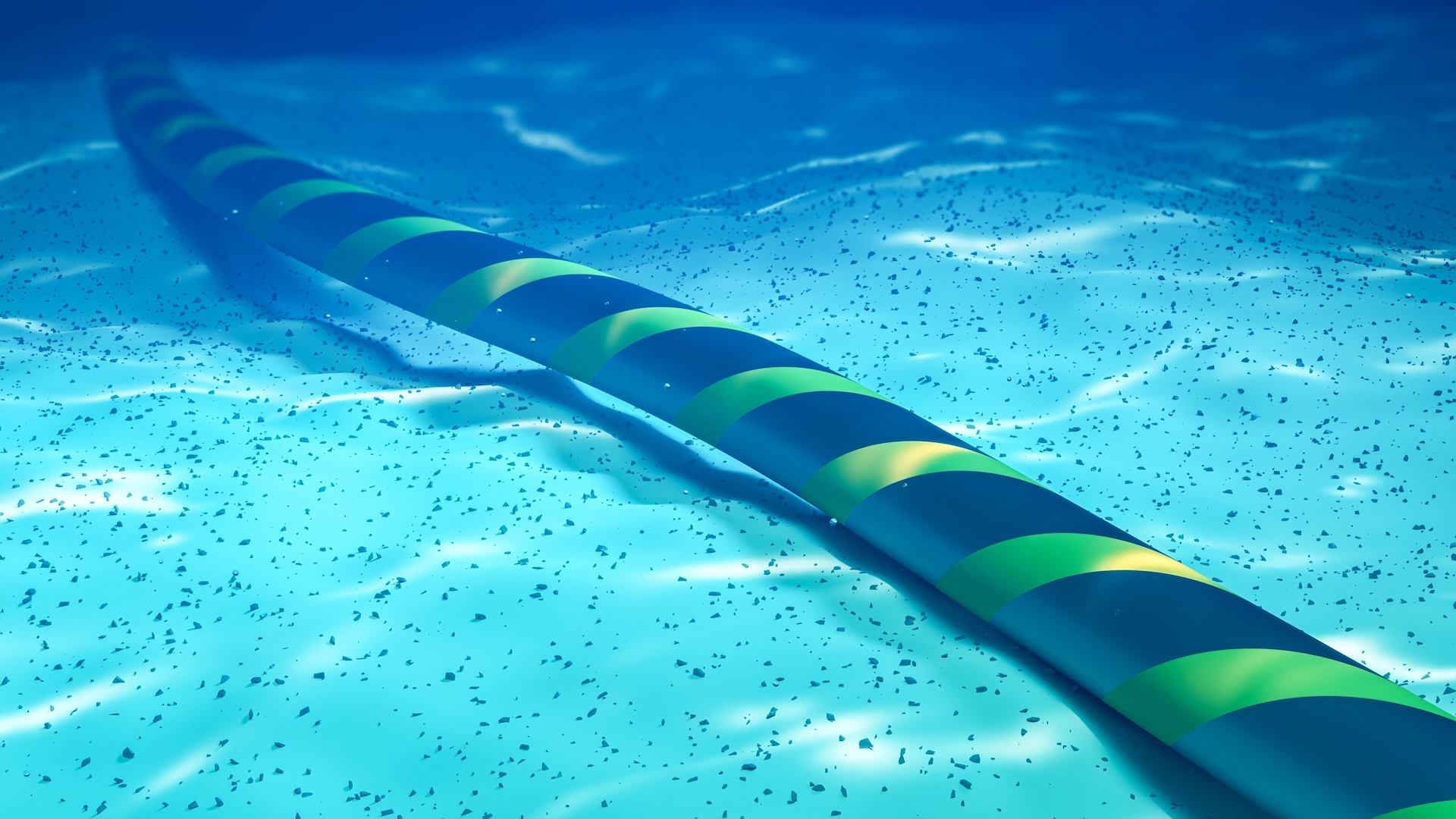
The United States is preparing a “New York Joint Statement” that outlines its plans to help secure global submarine communications cables that network the globe. This draft, which is set for signing by the U.S., EU member states, and other American allies later this month, demands that undersea cable operators must have supply chain and data security measures on their networks and that they report security incidents for monitoring.
The draft will push signees to work only with trusted suppliers from allied countries, potentially pushing out providers from unfriendly regimes like China, reports Politico. This was similar to the move that Washington made a few years back, when it pushed Chinese companies like Huawei out of its 5G infrastructure and encouraged its allies to do the same.
It seems that Washington fears that the Chinese government could order Chinese companies working on undersea cables to stop delivering at any moment, or that it could demand operators to disrupt the operations of the undersea networks they manage. While some may say that this is absurd, Russia has attempted to disrupt European networks on the eve of its invasion of Ukraine with varying degrees of success.
If Chinese companies install or run major submarine cables, they could potentially be commanded by the Chinese Communist Party (CCP) to sabotage their operations and cut off global communications, especially during the crucial moments before a major event, like an invasion. So, the draft says that signatories must rely on “reliable and trusted cable components and services.”
Aside from the use of trusted suppliers, the draft also encourages “undersea cable network service providers and operations and maintenance providers to have transparent ownership, partnerships, and corporate governance structures” to ensure that the companies working on the undersea networks have a clear organizational and ownership structure. That way, the involved governments know who exactly they’re dealing with, preventing an unknown entity from taking control.
Although NATO is also working on an automated backup that will relay subsea internet traffic to satellites in case of an attack, the protection of undersea cables from disruption will always be preferable. An ounce of prevention is better than a pound of cure.







